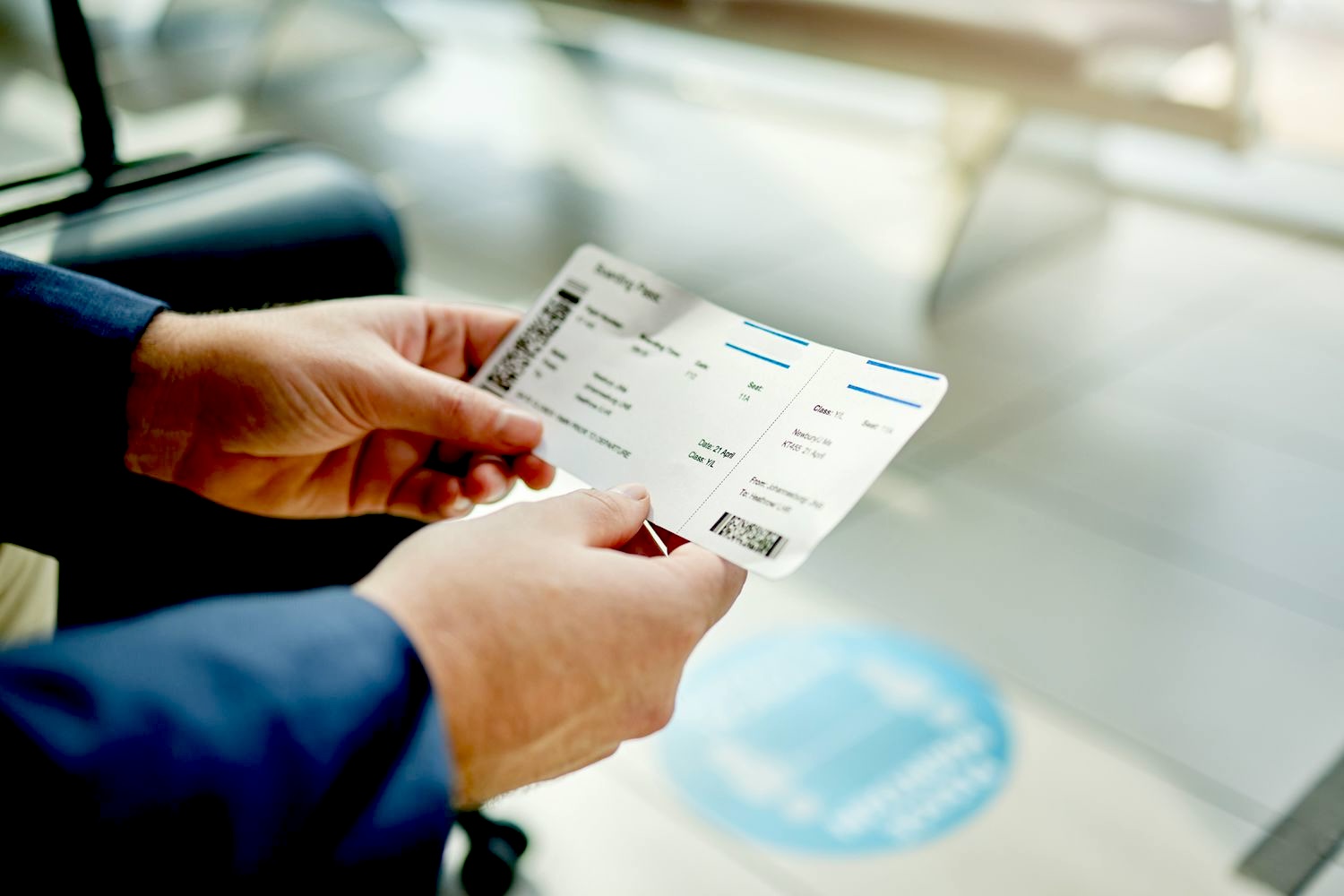EVERYDAY CARRY: Helix | FashionBeans
Feb 23, 2026Why You Should Never Throw Out Your Boarding Pass
- Feb 28, 2024
- 0 Comments
730

Travel hacks, while ingenious, are often a little too convoluted to be worth your while. This one is quite the opposite. All you need to do is hold on to your boarding passes once you land and it could save you big bucks…
Airline reservation and frequent flyer systems are incredibly complex but mostly get it right. Millions of people board a flight each day, and in the vast majority of cases, you can seamlessly check in, dispatch your bags, be green-lighted into the lounge, and beeped onto the plane.
The more efficient airline IT systems even have frequent flyer points in your account before you get to the arrival gate. Occasionally, however, there is a hitch. What if your frequent flyer points don’t land? Nine times out of ten, chasing them up is a relatively painless process. You punch your name, flight details, and travel date into the airline’s missing points portal, and the points land in your account a few days later.
WATCH: Burned-Out Flight Attendant Reveals Gruelling Reality Behind The Glamour
But sometimes, issues don’t always resolve so quickly. There could be a few reasons for this — you travelled on an ineligible fare, the name on the ticket doesn’t match the frequent flyer account holder’s name, or you’re just confused and think your AirAsia flight to Kota Kinabalu should have resulted in a swag of Qantas points.
But if you flew to London on Singapore Airlines in January and want your KrisFlyer points but you get some daft answer back like “you didn’t board and therefore aren’t eligible for the points” — even though you did board and are therefore entitled to the points — what do you do?
One relatively common reason for not being awarded frequent flyer points is an IT snafu that records a passenger as not boarding and, therefore, not eligible for the points. Even if you’re flying first class, airlines require you to board and travel to get the points.
So how do you prove you boarded? This is where having your sh*t together and being organised helps… a lot. The go-to solution is to supply a boarding pass. Plenty of people ditch their boarding passes as soon as they walk out of the airport but, if you’re expecting points from the flight you just flew in on, good practice is to hold onto the boarding pass until the points land in your account.
Another good way to prove to hold-out airlines that you flew with is to supply a baggage tag, or at least an image of it. But that doesn’t work for the carry-on-only crew, and most of the checked-in bags crowd don’t keep their tags either. Who keeps ratty old bag tags anyway? There’s organised, and then there’s weird… So, boarding passes it is, then.
Tickets, whether electronic or hard copy, might prove you bought a ticket, but they don’t prove you boarded the plane. In reality, neither does a boarding pass, but supplying one provokes most carriers, Qantas and Virgin Australia included, to follow up on your query and manually process the points.
If there is neither a boarding pass nor bag tags on hand, what’s next? Different airlines have different procedures, but a good starting point is to have retained all your travel documentation.
If you travelled on a partner airline, say American, and wanted the points credited to Qantas, American may be able to supply a travel confirmation letter. In other cases, a statutory declaration can help. That Denpasar Airport-issued visa on arrival in your passport proves you landed. Whether Jetstar accepts that as proof you did actually travel on their Max Bundle fare and should get the points is another matter, but it certainly won’t harm your case.
Equally, your credit card statement tracking your bar crawl at Melbourne Airport on the morning you flew out or the six dodgy, timestamped, out-of-focus photos you took of Uluru when the aircraft flew over could be helpful supporting evidence and ammunition for your case. But honestly, if things get to this point, salvage your dignity and forget about the points…
When claiming missing points from airline and non-airline partners, in most cases, the frequent flyer number will have just dropped off the booking or transaction and a simple call to the service provider with a few basic details like receipt and reservation numbers should resolve the issue. In a handful of more complex cases, each partner will have their own resolution processes.
The Qantas and Virgin Australian websites have detailed information on how to claim missing points for their flights, partner airline-operated flights and non-airline partners. Points from flights post fairly fast, although if your flight covers more than one sector, often the first sector posts pronto, then the points from the remaining sectors take longer to land.
Points from non-airline partners can also take some time to arrive in accounts, which varies on an airline-by-airline basis. For example, points from the Qantas shopping portal post far more quickly than points from Virgin Australia’s shopping portal, which (like most of VA’s flights these days…) are usually delayed and take their time to arrive.
Retrieving missing frequent flyer points is a chore, but it is do-able. Keeping travel documents, boarding passes, hotel receipts, and transaction records all adds to your claim armoury. None of this is rocket science; it’s just simple organisation. Patience, courtesy, and gentle persistence will also help.
Publisher: Source link







